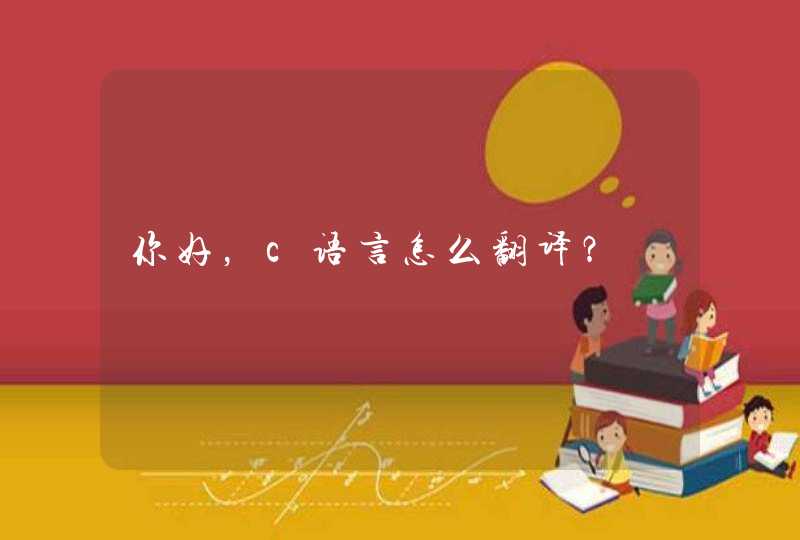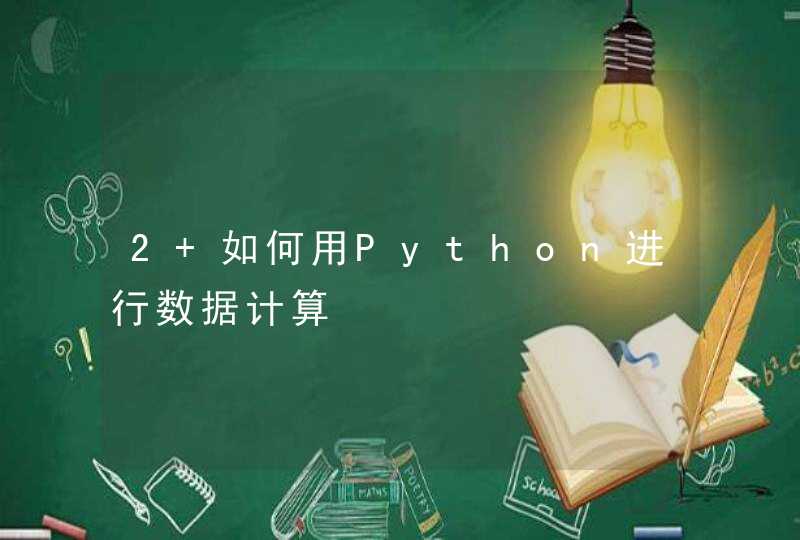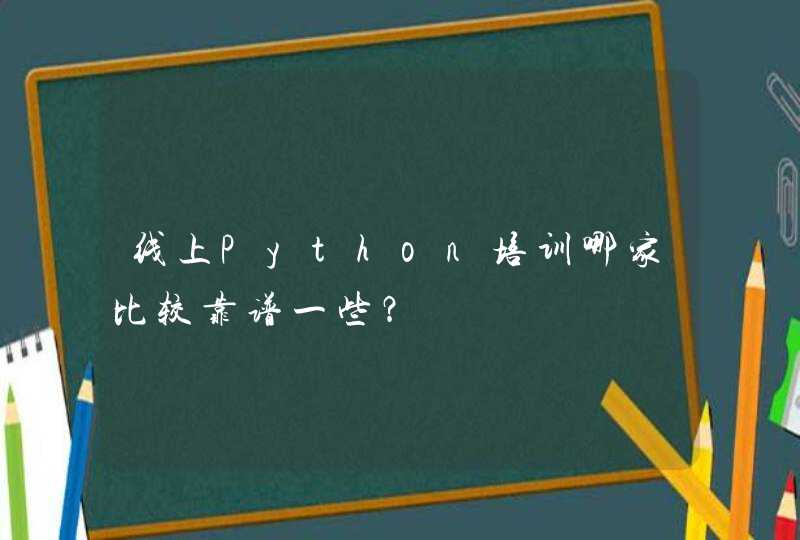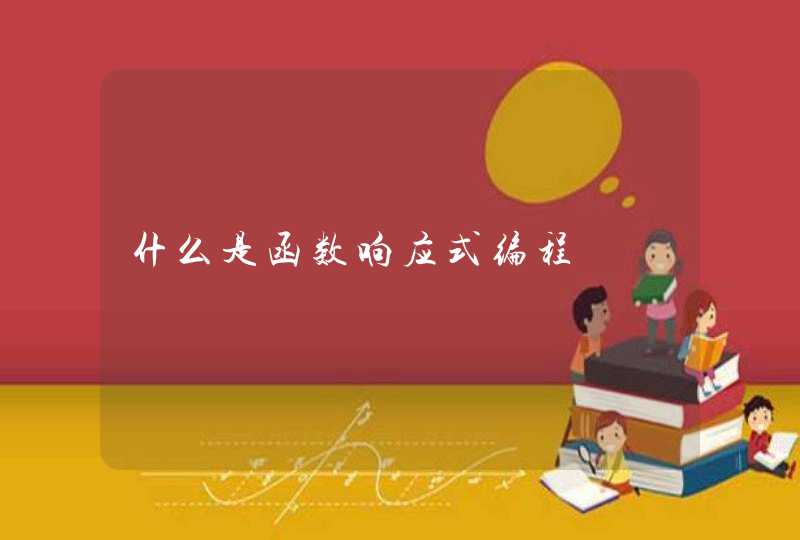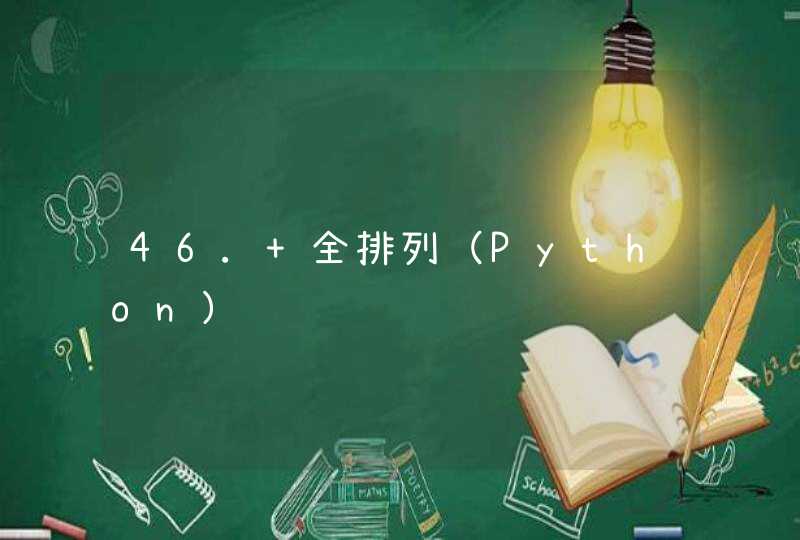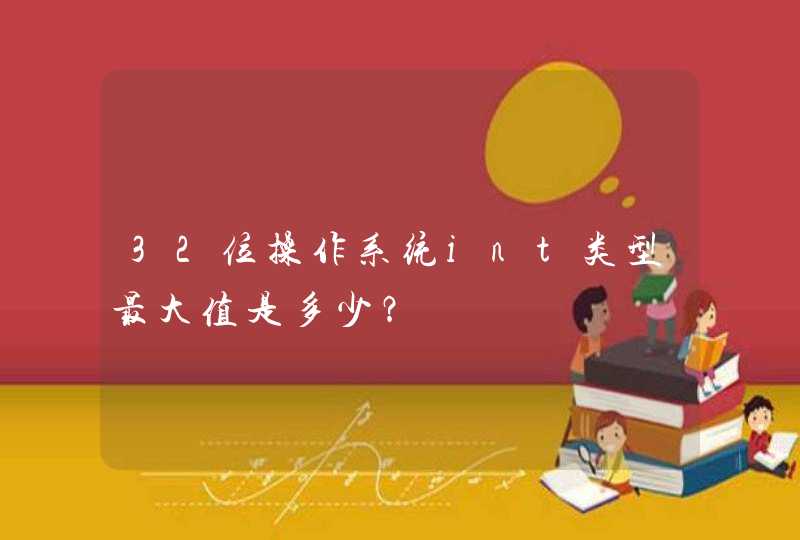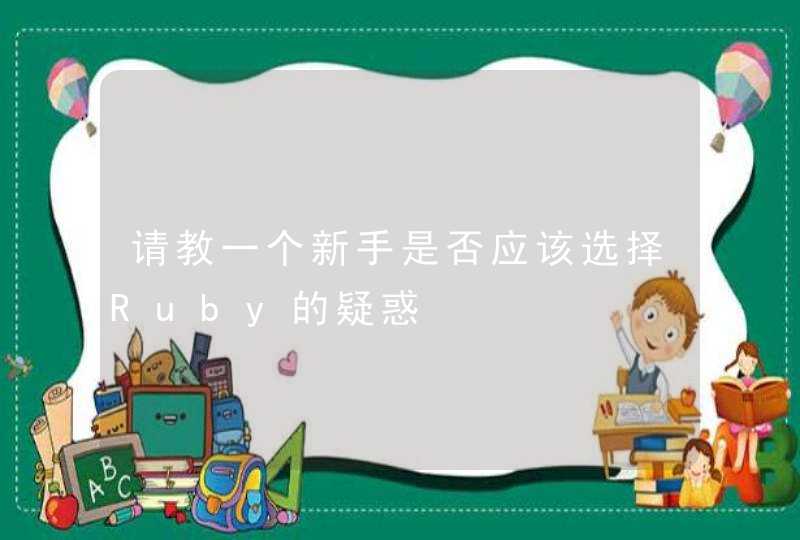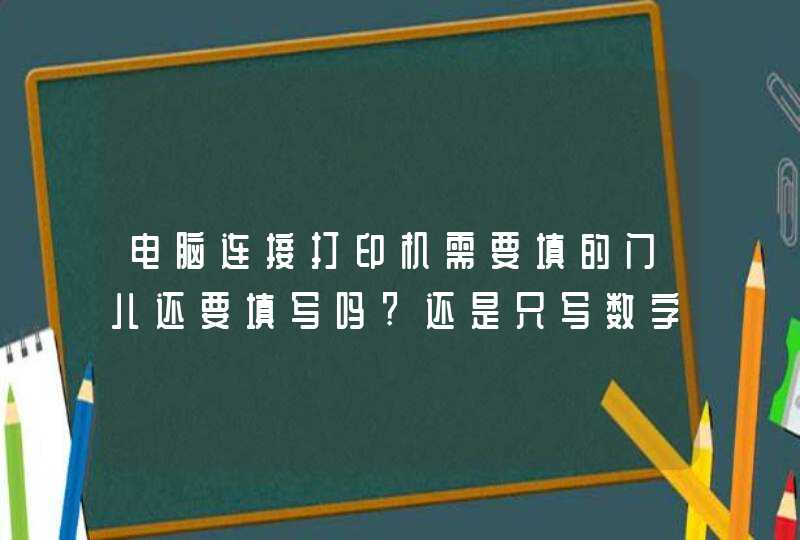
浏览器是用来检索、展示以及传递Web信息资源的应用程序。Web信息资源由统一资源标识符( Uniform Resource Identifier,URI)所标记,它是一张网页、一张图片、一段视频或者任何在Web上所呈现的内容。使用者可以借助超级链接( Hyperlinks),通过浏览器浏览互相关联的信息
中文只能找到下面一段了,没有全文:《简·爱》与《呼啸山庄》
伍尔夫
艾米莉·勃朗特,夏洛蒂·勃朗特,乔治·爱略特--没有一位生育过子女,其中有两位没有结过婚,这一事实具有重大的意义。
然而,虽然不准妇女写作的禁令已被取消,妇女要写小说似乎仍有相当巨大的压力。在天才和性格方面,再也没有比这四位妇女更加相异的了。简·奥斯丁与乔治·爱略特毫无共同之处;乔治·爱略特又与艾米莉·勃朗特截然相反。然而,她们所受的生活训练却使她们从事相同的职业;当她们写作之时,她们都写了小说。
小说过去是,现在仍然是,妇女最容易写作的东西。其原因并不难找。小说是最不集中的艺术形式。一部小说比一出戏或一首诗更容易时作时辍。乔治·爱略特丢下了她的工作,去护理她的父亲。夏洛蒂·勃朗特放下了她的笔,去削马铃薯。虽然她生活在普通的客厅里,被人们包围着,一位妇女所受到的训练,就是运用她的心灵去观察并且分析她的人物。她所受的训练,使她成为一位小说家,而不是一位诗人。
甚至在19世纪,妇女也几乎仅仅在她的家庭和情感之中生活。而那些19世纪的小说,虽然它们是杰出的,却受到这个事实的深刻影响:写作它们的妇女,由于她们的性别,而被排除在某些种类的人生经历之外。而人生经历对于小说有重大的影响,这是无可争辩的事实。例如,康拉德如果不能当上一名水手,他最好的一部分小说就会毁灭。如果剥夺了托尔斯泰作为一名士兵所获得的关于战争的知识,剥夺了他作为一个富家公子所受的教育给予他的各种经历,以及由此所获得的关于人生和社会的知识,《战争与和平》就会变得令人难以置信的贫乏无味。
然而,《傲慢与偏见》、《呼啸山庄》、《维列蒂》和《米德尔马奇》是妇女写作的。她们被强行剥夺了在中产阶级的客厅内所能遇到的事情之外的一切经历。对她们而言,关于战争、航海、政治或商业的任何第一手经验,都无从获得。甚至她们的感情生活,亦受到法律与习惯的严格限制。乔治·爱略特没有结婚,就甘冒天下之大不韪与路易士先生同居,公众舆论为之哗然。在此压力之下,乔治·爱略特退避郊区,离群索居,这就不可避免地给她的创作带来了最不利的影响。她写道:除非人们自动要求来拜访她,她从不邀请他们。与此同时,在欧洲的另一边,托尔斯泰作为一名军人,过着自由自在的生活,与各阶层的男女交往,对此无人加以非议,而他的小说却从其中获得了惊人的广度和活力。 但是,妇女所写的小说,不仅仅是受到女作家必然狭窄的生活经验的影响。至少在19世纪,它们显示出可能归因于作家性别的另一个特征。在《米德尔马奇》和《简·爱》中,我们不仅意识到作者的性格,正如我们在狄更斯的作品中意识到他的性格,我们还意识到有一位女性在场--有人在谴责她的性别所带来的不公正待遇,并且为她应有的权利而呼吁。这就在妇女的作品中注入了一种在男性的作品中完全没有的因素。除非他碰巧确实是一位工人、黑人或者由于某种其他原因意识到自己软弱无能的人。它引起了对现实的歪曲,并且往往导致某种缺陷。
Virginia Woolf on Charlotte Brontë's Jane Eyre
(Excerpted from The Common Reader, First Series: "'Jane Eyre' and 'Wuthering Heights'")
Of the hundred years that have passed since Charlotte Bronte was born, she, the centre now of so much legend, devotion, and literature, lived but thirty-nine. It is strange to reflect how different those legends might have been had her life reached the ordinary human span. She might have become, like some of her famous contemporaries, a figure familiarly met with in London and elsewhere, the subject of pictures and anecdotes innumerable, the writer of many novels, of memoirs possibly, removed from us well within the memory of the middle-aged in all the splendour of established fame. She might have been wealthy, she might have been prosperous. But it is not so. When we think of her we have to imagine some one who had no lot in our modern worldwe have to cast our minds back to the 'fifties of the last century, to a remote parsonage upon the wild Yorkshire moors. In that parsonage, and on those moors, unhappy and lonely, in her poverty and her exaltation, she remains for ever.
These circumstances, as they affected her character, may have left their traces on her work. A novelist, we reflect, is bound to build up his structure with much very perishable material which begins by lending it reality and ends by cumbering it with rubbish. As we open Jane Eyre once more we cannot stifle the suspicion that we shall find her world of imagination as antiquated, mid-Victorian, and out of date as the parsonage on the moor, a place only to be visited by the curious, only preserved by the pious. So we open Jane Eyreand in two pages every doubt is swept clean from our minds.
Folds of scarlet drapery shut in my view to the right handto the left were the clear panes of glass, protecting, but not separating me from the drear November day. At intervals, while turning over the leaves of my book, I studied the aspect of that winter afternoon. Afar, it offered a pale blank of mist and cloudnear, a scene of wet lawn and storm-beat shrub, with ceaseless rain sweeping away wildly before a long and lamentable blast.
There is nothing there more perishable than the moor itself, or more subject to the sway of fashion than the "long and lamentable blast." Nor is this exhilaration short-lived. It rushes us through the entire volume, without giving us time to think, without letting us lift our eyes from the page. So intense is our absorption that if some one moves in the room the movement seems to take place not there but up in Yorkshire. The writer has us by the hand, forces us along her road, makes us see what she sees, never leaves us for a moment or allows us to forget her. At the end we are steeped through and through with the genius, the vehemence, the indignation of Charlotte Bronte. Remarkable faces, figures of strong outline and gnarled feature have flashed upon us in passingbut it is through her eyes that we have seen them. Once she is gone, we seek for them in vain. Think of Rochester and we have to think of Jane Eyre. Think of the moor, and again there is Jane Eyre. Think of the drawing-room, even, those "white carpets on which seemed laid brilliant garlands of flowers", that "pale Parian mantelpiece" with its Bohemia glass of "ruby red" and the "general blending of snow and fire"—what is all that except Jane Eyre?
The drawbacks of being Jane Eyre are not far to seek. Always to be a governess and always to be in love is a serious limitation in a world which is full, after all, of people who are neither one nor the other. The characters of a Jane Austen or of a Tolstoi have a million facets compared with these. They live and are complex by means of their effect upon many different people who serve to mirror them in the round. They move hither and thither whether their creators watch them or not, and the world in which they live seems to us an independent world which we can visit, now that they have created it, by ourselves. Thomas Hardy is more akin to Charlotte Bronte in the power of his personality and the narrowness of his vision. But the differences are vast. As we read Jude the Obscure we are not rushed to a finishwe brood and ponder and drift away from the text in plethoric trains of thought which build up round the characters an atmosphere of question and suggestion of which they are themselves, as often as not, unconscious. Simple peasants as they are, we are forced to confront them with destinies and questionings of the hugest import, so that often it seems as if the most important characters in a Hardy novel are those which have no names. Of this power, of this speculative curiosity, Charlotte Brontë has no trace. She does not attempt to solve the problems of human lifeshe is even unaware that such problems existall her force, and it is the more tremendous for being constricted, goes into the assertion, "I love,""I hate,""I suffer."
For the self-centred and self-limited writers have a power denied the more catholic and broad-minded. Their impressions are close packed and strongly stamped between their narrow walls. Nothing issues from their minds which has not been marked with their own impress. They learn little from other writers, and what they adopt they cannot assimilate. Both Hardy and Charlotte Brontë appear to have founded their styles upon a stiff and decorous journalism. The staple of their prose is awkward and unyielding. But both with labour and the most obstinate integrity, by thinking every thought until it has subdued words to itself, have forged for themselves a prose which takes the mould of their minds entirewhich has, into the bargain, a beauty, a power, a swiftness of its own. Charlotte Brontë, at least, owed nothing to the reading of many books. She never learnt the smoothness of the professional writer, or acquired his ability to stuff and sway his language as he chooses. "I could never rest in communication with strong, discreet, and refined minds, whether male or female," she writes, as any leader-writer in a provincial journal might have writtenbut gathering fire and speed goes on in her own authentic voice "till I had passed the outworks of conventional reserve and crossed the threshold of confidence, and won a place by their hearts' very hearthstone." It is there that she takes her seatit is the red and fitful glow of the heart's fire which illumines her page. In other words, we read Charlotte Brontë not for exquisite observation of character—her characters are vigorous and elementarynot for comedy—hers is grim and crudenot for a philosophic view of life—hers is that of a country parson's daughterbut for her poetry. Probably that is so with all writers who have, as she has, an overpowering personality, so that, as we say in real life, they have only to open the door to make themselves felt. There is in them some untamed ferocity perpetually at war with the accepted order of things which makes them desire to create instantly rather than to observe patiently. This very ardour, rejecting half shades and other minor impediments, wings its way past the daily conduct of ordinary people and allies itself with their more inarticulate passions. It makes them poets, or, if they choose to write in prose, intolerant of its restrictions. Hence it is that both Emily and Charlotte are always invoking the help of nature. They both feel the need of some more powerful symbol of the vast and slumbering passions in human nature than words or actions can convey. It is with a description of a storm that Charlotte ends her finest novel Villette. "The skies hang full and dark—a wrack sails from the westthe clouds cast themselves into strange forms." So she calls in nature to describe a state of mind which could not otherwise be expressed. But neither of the sisters observed nature accurately as Dorothy Wordsworth observed it, or painted it minutely as Tennyson painted it. They seized those aspects of the earth which were most akin to what they themselves felt or imputed to their characters, and so their storms, their moors, their lovely spaces of summer weather are not ornaments applied to decorate a dull page or display the writer's powers of observation—they carry on the emotion and light up the meaning of the book.
(以下可不看)
The meaning of a book, which lies so often apart from what happens and what is said and consists rather in some connection which things in themselves different have had for the writer, is necessarily hard to grasp. Especially this is so when, like the Brontës, the writer is poetic, and his meaning inseparable from his language, and itself rather a mood than a particular observation. Wuthering Heights is a more difficult book to understand than Jane Eyre, because Emily was a greater poet than Charlotte. When Charlotte wrote she said with eloquence and splendour and passion “I love”, “I hate”, “I suffer”. Her experience, though more intense, is on a level with our own. But there is no “I” in Wuthering Heights. There are no governesses. There are no employers. There is love, but it is not the love of men and women. Emily was inspired by some more general conception. The impulse which urged her to create was not her own suffering or her own injuries. She looked out upon a world cleft into gigantic disorder and felt within her the power to unite it in a book. That gigantic ambition is to be felt throughout the novel—a struggle, half thwarted but of superb conviction, to say something through the mouths of her characters which is not merely “I love” or “I hate”, but “we, the whole human race” and “you, the eternal powers . . .” the sentence remains unfinished. It is not strange that it should be sorather it is astonishing that she can make us feel what she had it in her to say at all. It surges up in the half-articulate words of Catherine Earnshaw, “If all else perished and HE remained, I should still continue to beand if all else remained and he were annihilated, the universe would turn to a mighty strangerI should not seem part of it”. It breaks out again in the presence of the dead. “I see a repose that neither earth nor hell can break, and I feel an assurance of the endless and shadowless hereafter—the eternity they have entered—where life is boundless in its duration, and love in its sympathy and joy in its fulness.” It is this suggestion of power underlying the apparitions of human nature and lifting them up into the presence of greatness that gives the book its huge stature among other novels. But it was not enough for Emily Brontë to write a few lyrics, to utter a cry, to express a creed. In her poems she did this once and for all, and her poems will perhaps outlast her novel. But she was novelist as well as poet. She must take upon herself a more laborious and a more ungrateful task. She must face the fact of other existences, grapple with the mechanism of external things, build up, in recognisable shape, farms and houses and report the speeches of men and women who existed independently of herself. And so we reach these summits of emotion not by rant or rhapsody but by hearing a girl sing old songs to herself as she rocks in the branches of a treeby watching the moor sheep crop the turfby listening to the soft wind breathing through the grass. The life at the farm with all its absurdities and its improbability is laid open to us. We are given every opportunity of comparing Wuthering Heights with a real farm and Heathcliff with a real man. How, we are allowed to ask, can there be truth or insight or the finer shades of emotion in men and women who so little resemble what we have seen ourselves? But even as we ask it we see in Heathcliff the brother that a sister of genius might have seenhe is impossible we say, but nevertheless no boy in literature has a more vivid existence than his. So it is with the two Catherinesnever could women feel as they do or act in their manner, we say. All the same, they are the most lovable women in English fiction. It is as if she could tear up all that we know human beings by, and fill these unrecognisable transparences with such a gust of life that they transcend reality. Hers, then, is the rarest of all powers. She could free life from its dependence on factswith a few touches indicate the spirit of a face so that it needs no bodyby speaking of the moor make the wind blow and the thunder roar.




